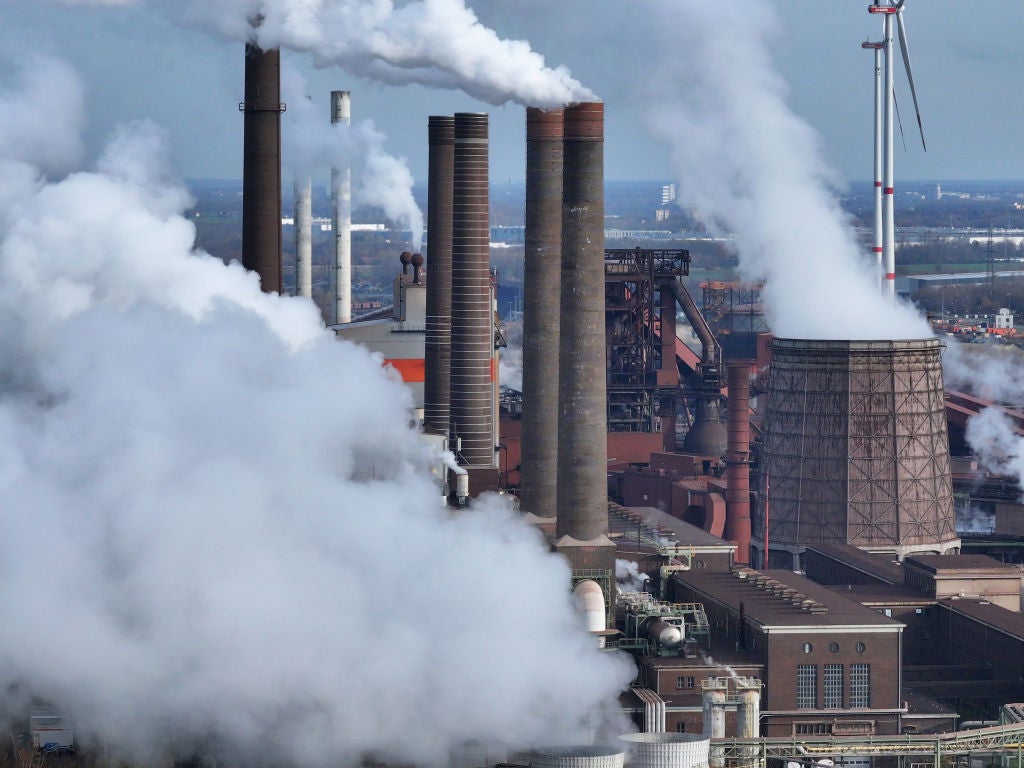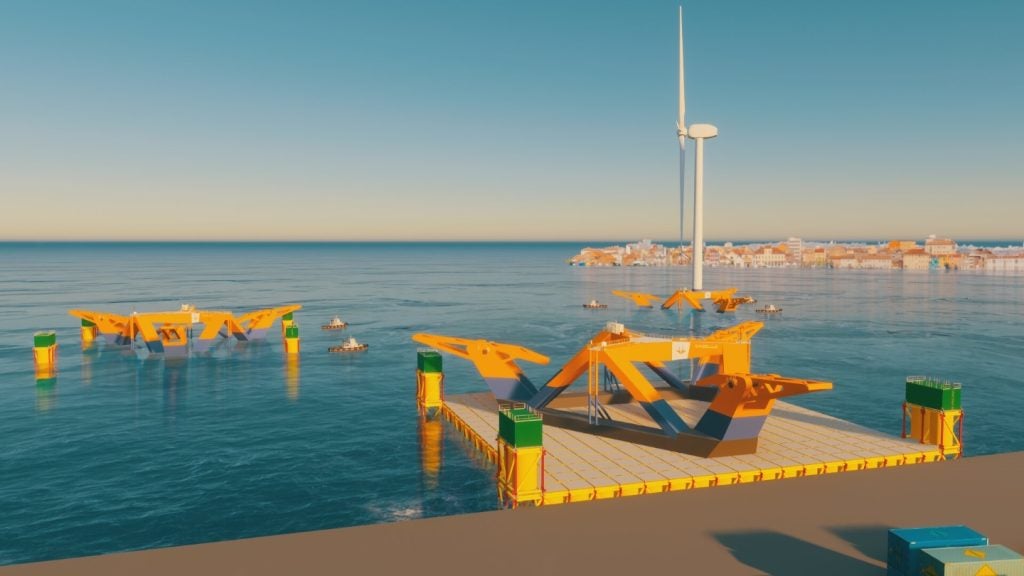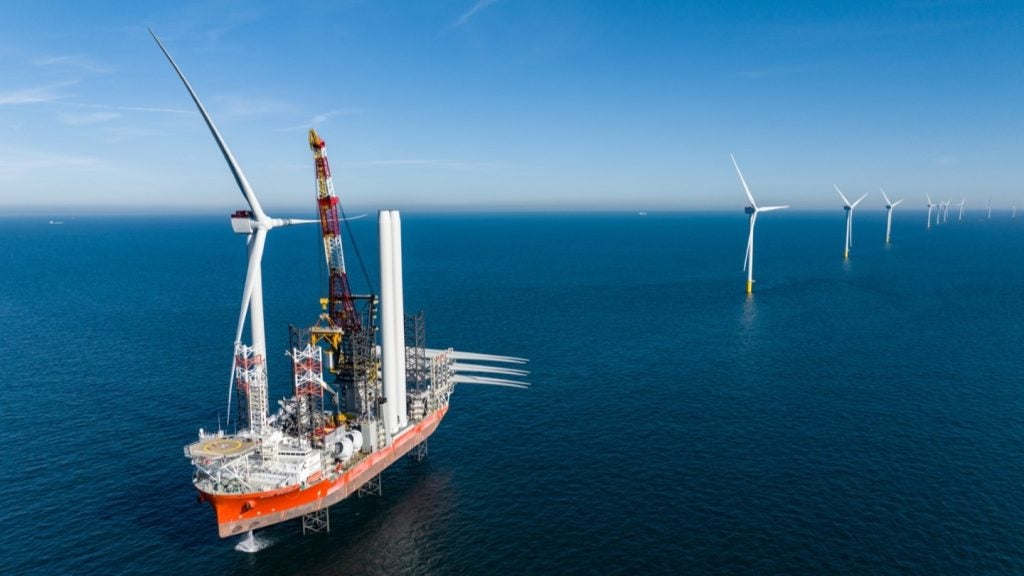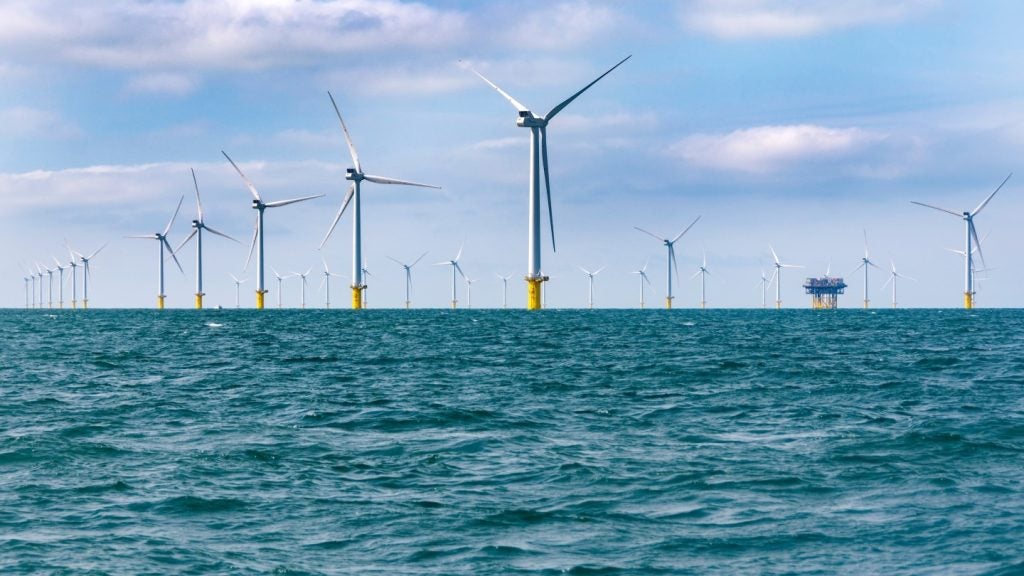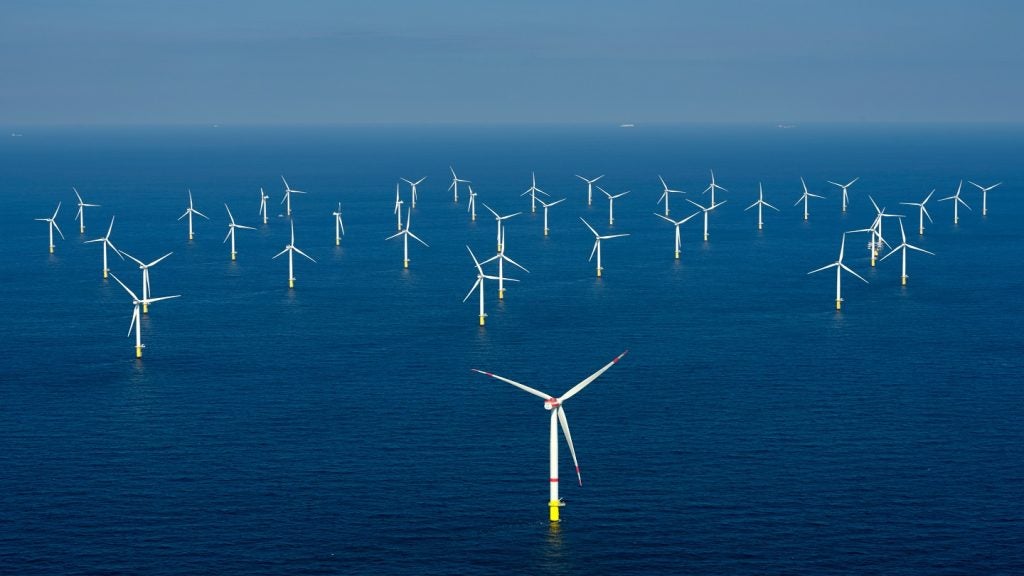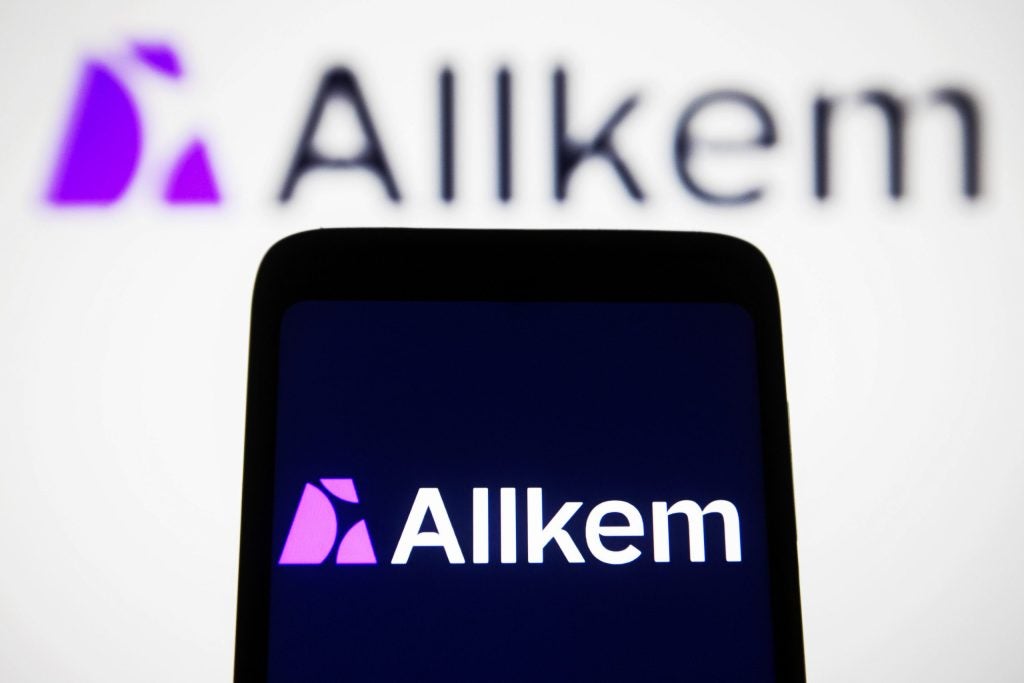On Tuesday, the European Commission approved €2.6bn ($2.85bn) in state aid to help support Germany in decarbonising its ailing steel industry with hydrogen.
The direct grant will support Stahl-Holding-Saar (SHS), the holding and management company for the steel industry in the German state of Saarland, in decarbonising the region’s steel sector using hydrogen, the Commission said in a press statement. Decarbonisation efforts are part of the EU’s hydrogen strategy and the flagship European Green Deal, both cornerstones of the bloc’s net-zero plans.
Funding will go towards the construction of a direct reduction plant and two new electric arc furnaces. The electric furnaces, capable of running on renewables, will replace existing blast furnaces, which require fossil fuels to operate. The new direct reduction plant will eventually be run on low-carbon and green hydrogen.
The new installations are due to be operational in 2026 and will produce approximately three million tonnes of crude steel per year, equal to the amount currently produced from the blast furnaces.
Margrethe Vestager, executive vice-president of competition policy at the Commission, said: “The decarbonisation of the very energy-intensive steel sector is key for delivering the green transition. This €2.6bn German measure will support Stahl-Holding-Saar in decarbonising its Saarland steel production sites. At the same time, it will help kick-start the production of renewable hydrogen in Saarland.”
She added that competition distortions will “remain limited, thanks to important safeguards provided for in the measure”.
SHS will organise a competitive tendering process to select green hydrogen suppliers. Successful bidders will install electrolysers close to SHS facilities in the hope of kick-starting a green hydrogen value chain in the region. SHS also plans to connect to the German hydrogen network, which should result in access to larger and cheaper volumes of hydrogen in the long term.
This year, Germany has been pushing hydrogen as a key tool to meet its domestic net-zero targets. In May, its government set out a framework for a “core” hydrogen network in the country, expected to be operational by 2023. “Our goal is to ramp up the hydrogen market quickly in order to further advance the decarbonisation of economic sectors with high greenhouse gas emissions,” Minister of Economics and Climate Protection Robert Habeck said.
In July, Germany updated its national hydrogen strategy by doubling its goal for domestic electrolyser capacity, from 5GW to 10GW, by 2030, although it still expects to import up to 70% of its total hydrogen requirements.


